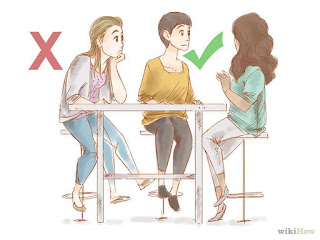Where to start when you have been in the same position for some time.
For the steady employee with no gaps in their employment the following hints and tips might help.
Step 1. Research the Job Market
When researching your job market choose a few similar positions in a
variety of different organisations. Take
note of the requirements of each advertisement and specifically target your CV
to match these requirements.
What should your research focus on?:
- · Qualifications/training
- · Personal characteristics
- · Skills, knowledge and experience
- · Salary range
- · Key duties and responsibilities
- · And any other particular requirements
If you have been working in the same industry for some time use your
contacts. Talk to recruitment agents,
talk to managers in the same field as yourself, find out what is happening in
the market, are people moving around or are people staying put. Both scenarios may be of benefit to you,
depending one what you are looking for.
In a thigh labor market where people are staying put, if a company
needs to fill a specific position they may be willing to pay over the odds for
the right candidate.
In a loose labor
market you may have a greater choice of vacancies to suite your needs. It is important to do your research, as jobs
boards and recruitment agencies may give an incorrect impression of how the job
market is behaving and what the true availability of vacancies is, so don’t
just rely on one source to make up your mind.
 |
| Time to Move On? |





